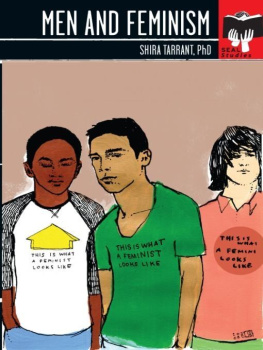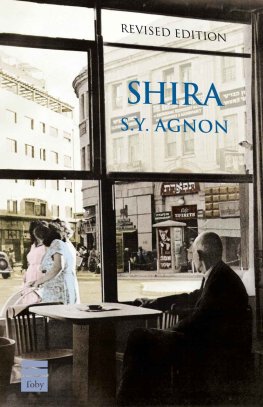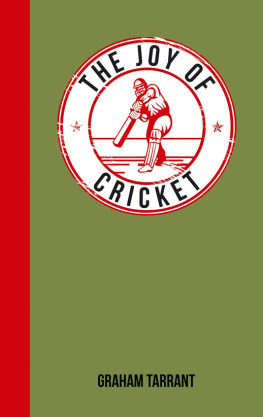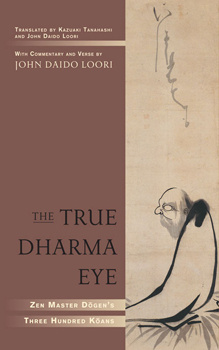Fashion
TALKS
Undressing the Power of Style
Edited by
Shira Tarrant and Marjorie Jolles
Cover photo: Roman Rozenblyum, www.romanroze.com.
Published by State University of New York Press, Albany
2012 State University of New York
All rights reserved
Printed in the United States of America
No part of this book may be used or reproduced in any manner whatsoever without written permission. No part of this book may be stored in a retrieval system or transmitted in any form or by any means including electronic, electrostatic, magnetic tape, mechanical, photocopying, recording, or otherwise without the prior permission in writing of the publisher.
For information, contact State University of New York Press, Albany, NY
www.sunypress.edu
Production by Eileen Meehan
Marketing by Kate McDonnell
Library of Congress Cataloging-in-Publication Data
Fashion talks : undressing the power of style / edited by Shira Tarrant and Marjorie Jolles.
p. cm.
Includes bibliographical references and index.
ISBN 978-1-4384-4320-1 (pbk. : alk. paper)
ISBN 978-1-4384-4319-5 (hardcover : alk. paper)
1. Women's clothingSocial aspects. 2. Clothing and dressSocial aspects. 3. FashionSocial aspects. 4. FeminismSocial aspects. I. Tarrant, Shira, 1963II. Jolles, Marjorie.
GT1720.F37 2012
391'.2dc23
2011036641
10 9 8 7 6 5 4 3 2 1
To Emilie Tarrant I give all my love. Gratitude goes to the rest of my family, as well. For Marjorie Jollesyour conscientious, engaged, enthusiastic, and smart co-editing means this book is a far better collection than it could have been otherwise. Plus, it's been a lot of fun. My former students, Jennifer Sheik and Audrey Silvestre, provided valuable feedback on early essay drafts. You two will certainly recognize improvements on these pages that have a lot to do with your insights. High five to Roman Rozenblyum for serendipity and a vibrant cover image. Roll call: Cathie Roberts, Rebekah Spicuglia, Jennifer Pozner, Nancy Schwartzman, Micky Hohl, Andrew Lopas, Shawna Kenney, and Judith Grantthank you in so many ways. I'm sure you each know why. Finally, big thanks to my dog Pickle for taking me on walks in the park that cleared my head and nourished my soul.
Shira Tarrant
Love and thanks go to Matthew Pearson, whose furious styles in so many domains of life are my constant inspiration. I'm especially grateful to Shira Tarrant for the idea of this book, her friendship, and the inimitable snap, crackle, and pop of her writing. I thank the students in my Fashion: The Politics of Style courses at Roosevelt University for their sharp questions and close readings, and Michelle-Marie Gilkeson for proofing assistance. Warmest thanks go out to the many members of my family, local and far-flung, for their enthusiastic interest in this project (Fiona Jolles, you were the most enthusiastic of all!). And for transformative conversations about style, ideology, and the pleasures and labors of writing, I'm forever indebted to my invaluable mentors Chuck Dyke and Laura Levitt, and my brilliant friends Katherine Mack, Audrey Nezer, Allison Page, and Bryan Sacks.
Marjorie Jolles
Illustrations
Acknowledgments
This collection grew out of presentations at the 2008 National Women's Studies Association conference and the 2009 meeting of the Cultural Studies Association. We are grateful to the panelists and audiences at both events who provided valuable, spirited feedback and affirmation of fashion's significance for feminism.
We also thank the contributors to this volume for their creativity, enthusiasm, and insightful scholarship on such diverse, pressing matters in fashion and feminism. We are grateful to Andrew Kenyon and Larin McLaughlin, our editors at SUNY Press, for their early and steady support for this project. We thank Kathryn Adle Hardy Bernal for permission to reprint .
Our colleagues and students at California State University, Long Beach and Roosevelt University have inspired us with their tireless and passionate engagements with feminism. We thank them for their contributions to our own feminist theorizing, for challenging us so productively, and for doing it all with such style.
Introduction
Feminism Confronts Fashion
Marjorie Jolles and Shira Tarrant
Fashion. We love it. We hate it. We debate it.
But why does fashion matter?
Beyond the clothes that line our closets or the photo layouts we flip past in glossy magazines, fashion is also the site of specific philosophical tensions. Fashion is symbolic, expressive, creative, and coercive. It is a powerful way to convey politics, personalities, and preferences for whom and how we love. Fashion encourages profound rebellion and defiant self-definition. Yet fashion can simultaneously repress freedom by controlling or disciplining the body, and by encouraging a problematic consumer culture.
Fashion creates collective identity, but also restricts individual voice. Fashion provides ways to resist hegemony and communicate identity in the face of cultural and political pressure. At the same time, though, fashion is an integral part of this very conformist culture itself. In other words, fashion contains the potential for pleasure and subjugation, expression and convention. This book neither defends nor condemns fashion. Instead, these essays grapple with how fashion both enables and constrains expression in ways that are uniquely raced, gendered, classed, sexed, and bound to national and cultural histories.
Taking up this tension from a feminist perspective reveals how fashionlike poweris neither inherently good nor bad. What matters is how it is used. Consider sociologist Fred Davis's point that black lace at a funeral means something quite different than black lace on a negligee. Or that wearing a pair of overalls in Manhattan evokes quite a different response than wearing overalls on a farm. What fashion means depends on context, but also on whose interests it serves, what its audiences and practitioners bring to their engagement with it, and how it protects and transforms social divisions.
The problem is that fashion's liberatory possibilities are easily co-opted. Clothing manufacturer American Apparel pilfers support for sexual expression by turning a political ideal into exploitative billboards of its own. Or take the popularity of green style. The belief that sociopolitical or ecological improvement can be achieved through alternative channels of fashion and style invites a potentially empty promise of empowerment-through-consumerism that is more emblematic of backlash than progress. We can try going DIY, but that comes with a set of problems, too.
Tossing our hands in the air and making a beeline to the closest Big Box, corporate-chained, sweatshop-supplied clothing rack does nothing to dislodge the status quo, either. That is the conundrum. Even if we attempt to reject it, none of us can opt out of fashion and style (or global capitalism) completely.
Living in an increasingly visually mediated and commodified world means that having one's own style is compulsory. It is a core component of self-expression and self-realization. We need look no further than our TVs for contemporary mythologies about identity, expression, and transformation as evidence of their cultural sway. Makeover shows of every type abound, whether the focus is on stylizing the corporeal body (











